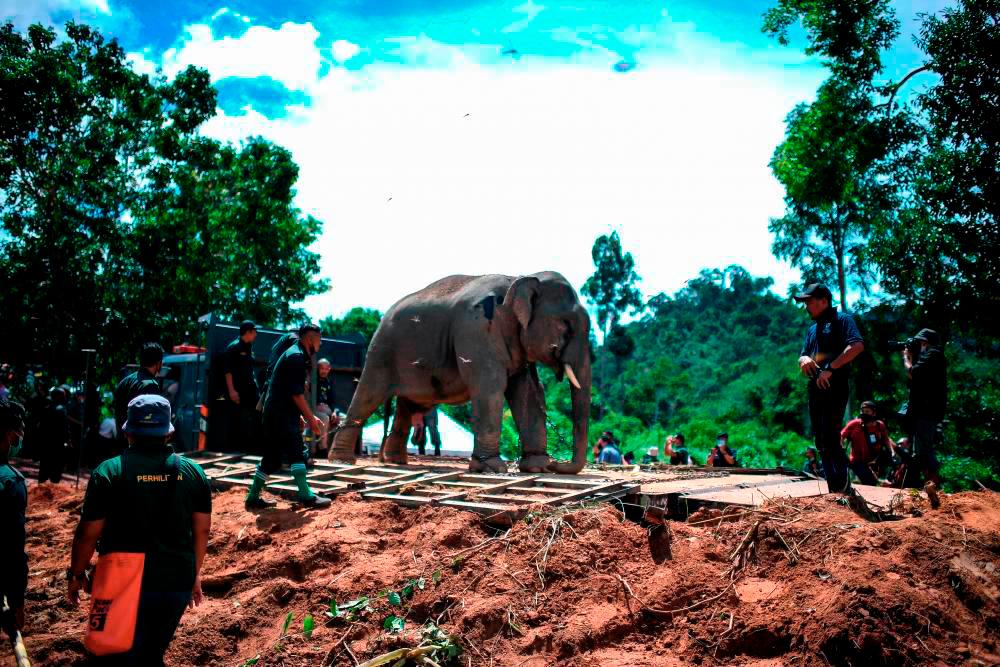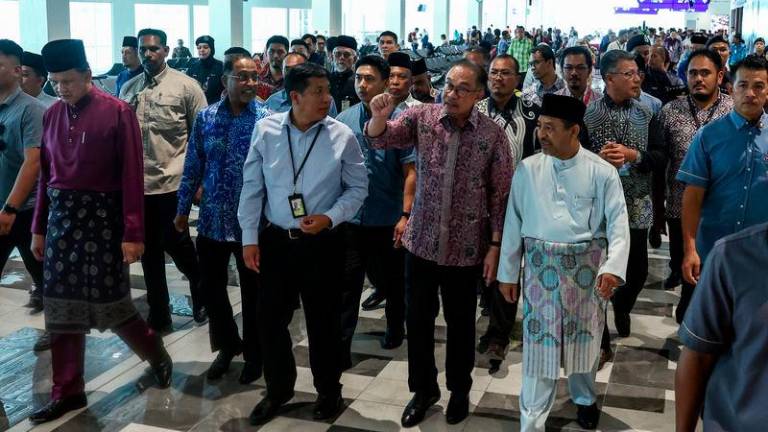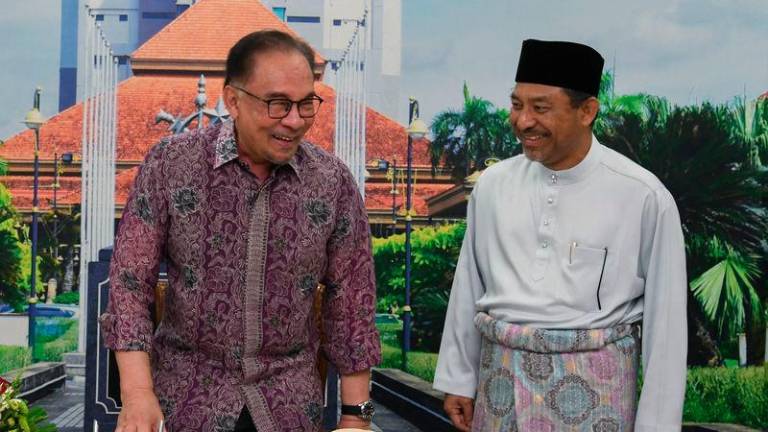WORLD Wildlife Day, which falls today, is an international awareness day to celebrate and protect wild animals and plants in their natural habitats, and is coordinated by the United Nations Environmental Programme.
Each year, more people are recognising the invaluable role wild animals, plants and habitats play in maintaining the ecological balance of our planet. Yet, the fight for the conservation of wildlife and its habitats are far from over.
Malaysia has a rich biodiversity of flora and fauna, with 22,500 species of plants and 422 species of mammals. Unfortunately, this diversity is under threat due to overhunting, habitat loss, climate change and pollution. As a result, many species are on the brink of extinction, including the Malaysian tapir, the Sumatran rhinoceros, and the Bornean clouded leopard, to name a few.
A major problem impacting the conservation of wildlife is land encroachment and fragmentation. The development of land can greatly damage the habitats of wild animals and disrupt the natural order of their ecosystems. Even with growing awareness of human-wildlife conflict, surface mining and illegal settlements on forest reserve lands are still pervasive.
With the growing population in Malaysia, areas that are home to wildlife and habitats tend to get crowded and neglected. This can lead to rapid and unsustainable resource depletion, leading to further loss or exploitation of wildlife and its ecosystem. This is putting increasing pressure on our strained resources.
Our youths can play a vital role to ensure the push for wildlife conservation is supported by its citizens. Youths are exposed to issues dealing with wildlife conservation on a daily basis, yet often lack the proper information and education on the matter. Youth advocacy has the power to raise awareness and increase engagement to the cause.
The challenge of encouraging youth advocacy in conservation is connecting environmental education with broader social and economic development initiatives in Malaysia. This will require creating a persuasive narrative emphasising how a healthier environment has direct economic, social and health benefits for the country. This will create a cultural shift in Malaysia that will bring the importance of conservation to the public sphere, setting it as a priority on social agenda of citizens and government policies.
Incorporating youths into the conservation narrative is one of the most effective methods of establishing the principle of conservation among the youths. This can be done by expanding conservation and education activities to include more local and international volunteering opportunities to enable students to gain hands-on experiences as well as to experience different cultures and lifestyles in different environments.
Besides, more recognition and incentives should be given to youths who are actively involved in Malaysia’s conservation projects. We should work towards a society that values youth advocates for conservation and environmental protection; creating a culture of tribute, trust and respect for the role played by younger Malaysians in the protection of our natural heritage.
Some ways that youths can take part in wildlife conservation include engaging in meaningful dialogue with politicians and leaders, and getting involved in policymaking initiatives to shape action toward the conservation of wildlife.
Our youths can also facilitate voluntary contributions that support various conservation projects, whether through direct donations or volunteer aid. These contributions act as a source of financial and human resources that conservation initiatives can draw on.
Finally, to further spread awareness and education, youths should utilise social media platforms, engage in environmental campaigns, and even start their own initiatives to help educate their peers. These initiatives will inspire and motivate more Malaysians, including those from the younger generation, to be involved in the much-needed efforts to conserve wildlife in Malaysia.
As one of the most biodiverse countries in the world, it is our responsibility to protect the wildlife and its precious habitats.
This World Wildlife Day, let us remember that the conservation of our wildlife can be achieved only through the involvement of all Malaysians, young and old. It is only through a commitment to a conservation-first strategy and involving the nation’s youths that we will be able to protect our biodiversity from the grave threats it faces and ensure a better future for generations to come.
Mogesh Sababathy, Malaysian Youth Climate Advocate Co-founder of Project Ocean Hope, PhD candidate, Universiti Putra Malaysia. Comments: letters@thesundaily.com










